In the digital age, effective marketing strategies are crucial for all types of organizations, including non-profits. While traditional marketing methods have their place, digital marketing offers unique opportunities for non-profits to reach broader audiences, engage with supporters, and drive their mission forward. In this blog, we will explore the significant role of digital marketing in non-profit organizations and how partnering with the right agency, such as those listed among the best digital marketing agencies in Nashik, can amplify your impact.
Why Digital Marketing Matters for Non-Profits
1. Expanding Reach and Visibility
Expanding reach and visibility is crucial for any non-profit organization aiming to make a meaningful impact. Digital marketing offers unprecedented opportunities to extend your reach beyond traditional boundaries and connect with a global audience. By harnessing digital channels such as social media, search engines, and content platforms, non-profits can effectively increase their visibility and attract new supporters. Social media platforms allow for targeted campaigns, reaching specific demographics and interest groups, while search engine optimization (SEO) ensures that your organization appears in relevant search results. Additionally, content marketing and email campaigns provide avenues to engage with existing supporters and attract new ones.
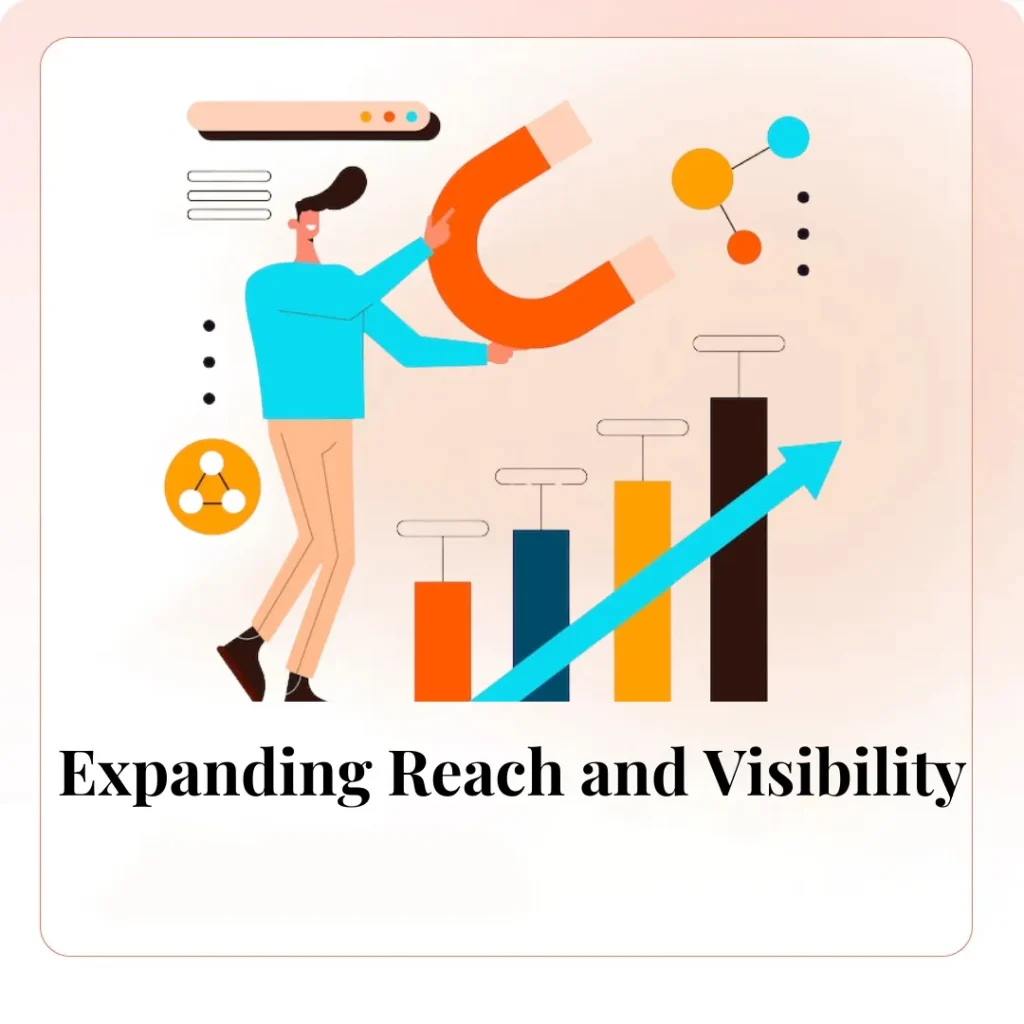
2. Cost-Effective Strategies
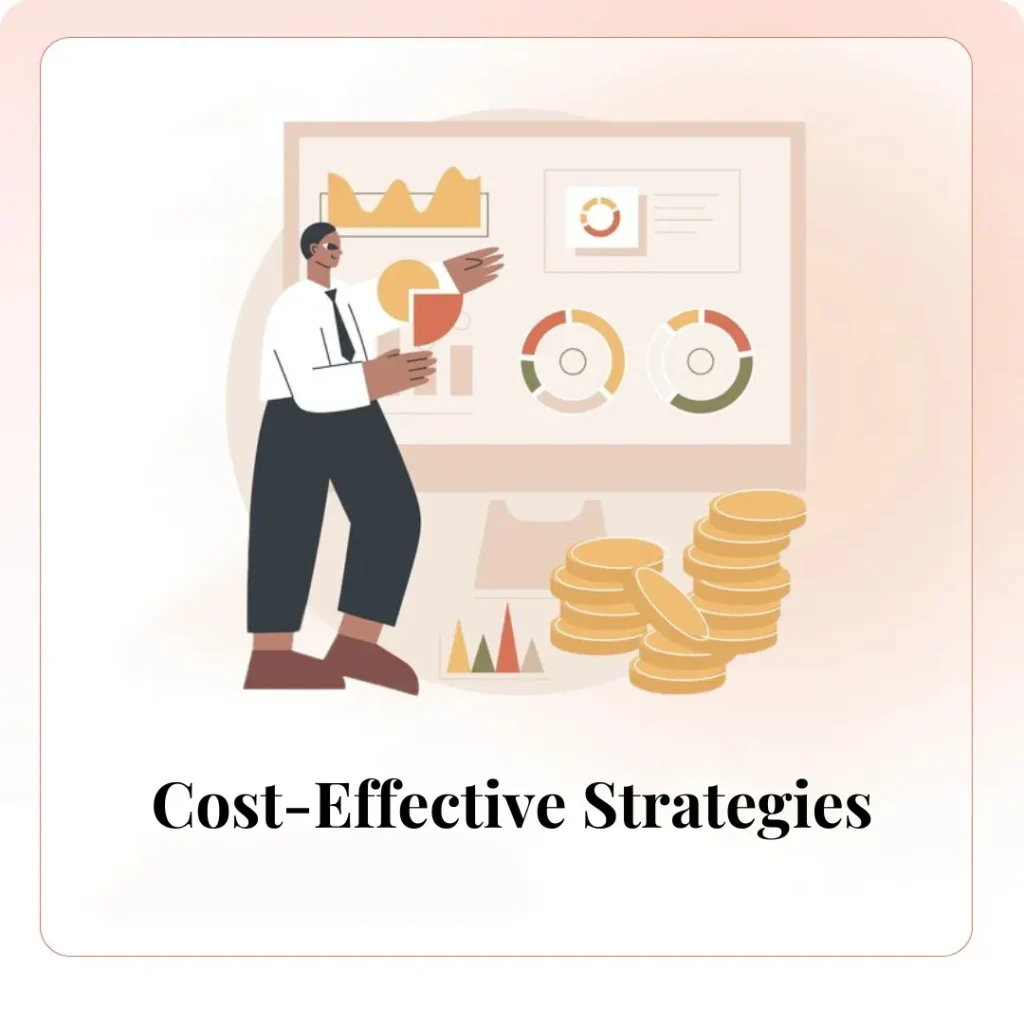
In the realm of non-profit organizations, managing a limited budget efficiently is a constant challenge. Digital marketing provides a range of cost-effective strategies that help non-profits achieve significant impact without overspending. Unlike traditional advertising methods, which often require substantial investments in print media or television commercials, digital marketing channels such as social media, email, and content marketing offer lower costs with high returns. Social media platforms, for instance, provide free or low-cost ways to engage with supporters and promote initiatives. Email marketing allows non-profits to reach a targeted audience at minimal expense, while content marketing generates organic traffic and engagement through valuable, shareable content.
3.Enhanced Engagement
Enhanced engagement is a key benefit of leveraging digital marketing for non-profit organizations. Digital platforms provide dynamic and interactive ways to connect with supporters, fostering a deeper level of engagement compared to traditional methods. Social media allows for real-time interactions, enabling organizations to respond to comments, share updates, and participate in conversations, creating a sense of community and involvement. Similarly, interactive content such as quizzes, polls, and live streams can capture the audience’s attention and encourage active participation.Email marketing further enhances engagement through personalized messages and targeted campaigns that resonate with individual interests and behaviors.
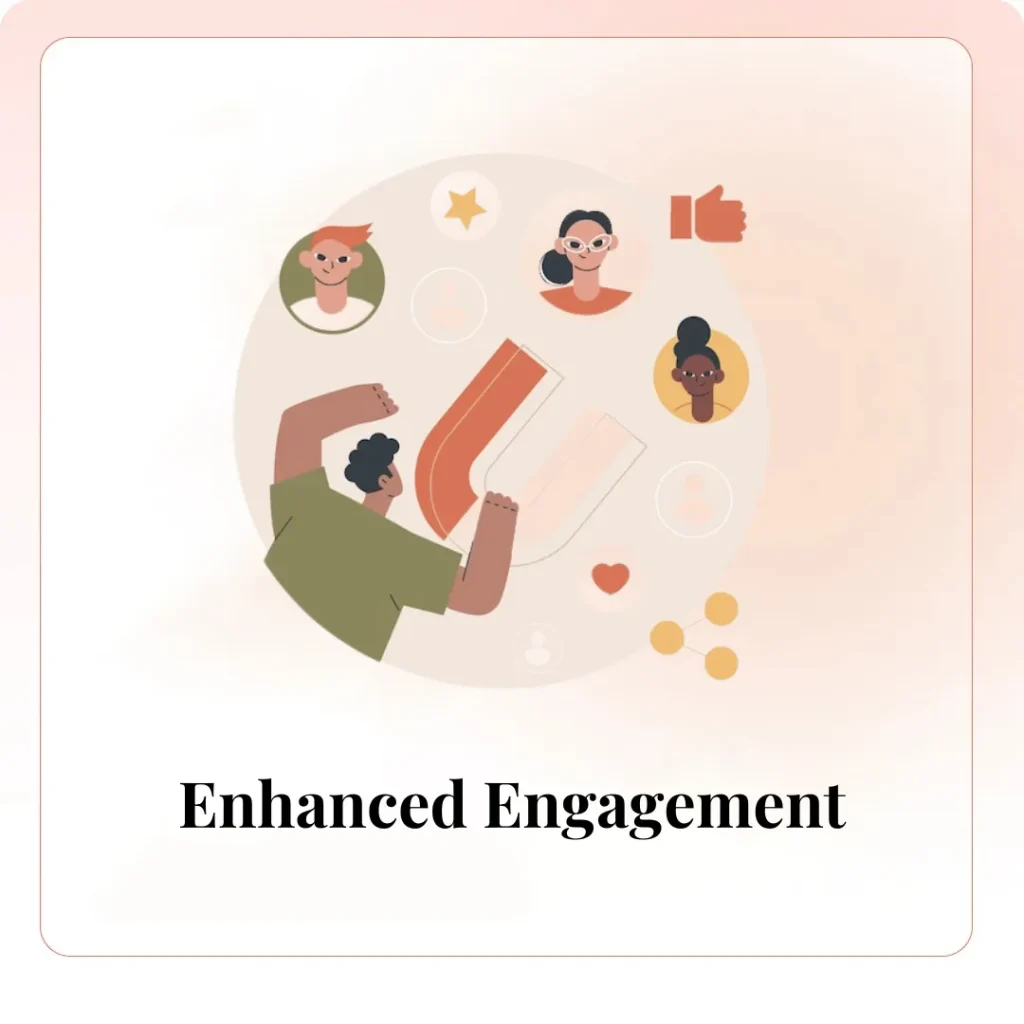
4. Data-Driven Decisions
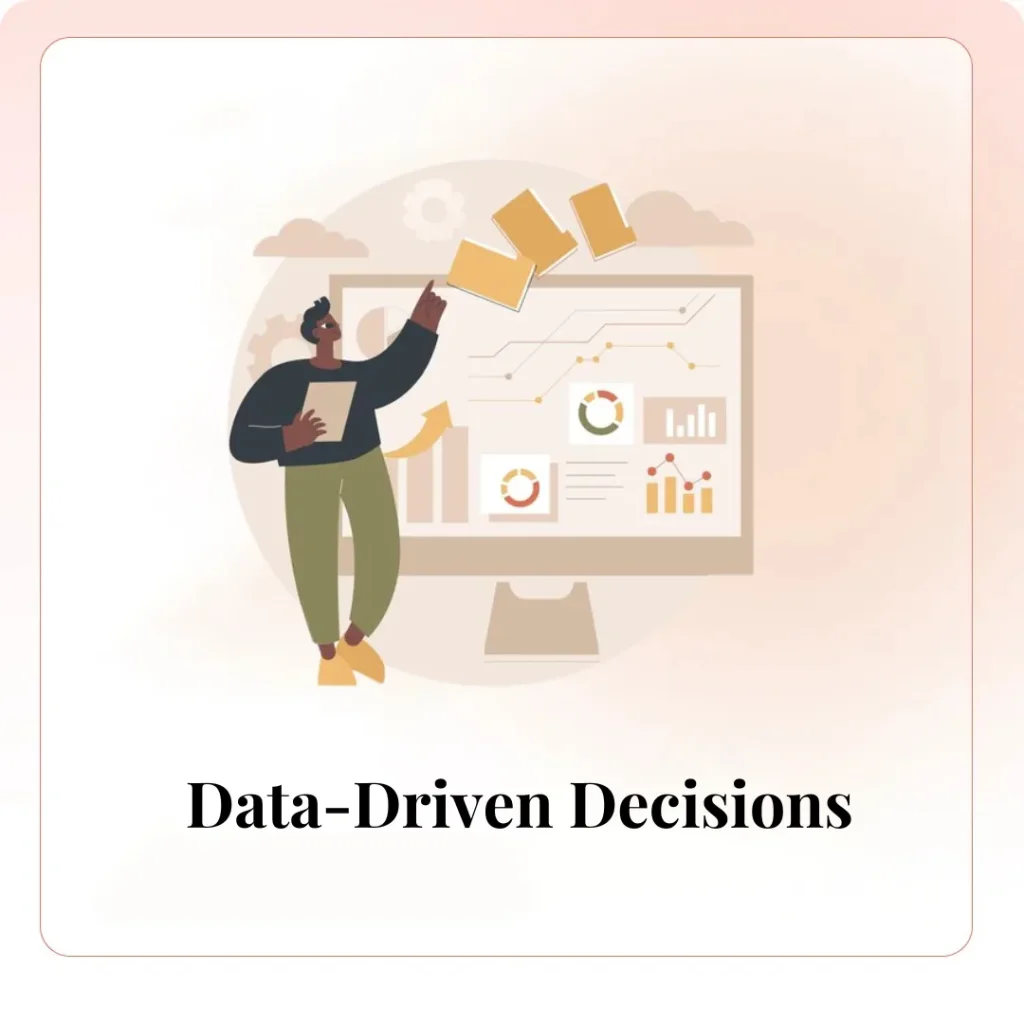
In the digital age, making informed decisions is crucial for maximizing the effectiveness of any strategy, and digital marketing provides a wealth of data to guide this process. By utilizing analytics tools and performance metrics, non-profit organizations can gain valuable insights into the behavior and preferences of their audience. Data-driven decisions involve analyzing metrics such as website traffic, engagement rates, conversion statistics, and social media interactions to understand what strategies are working and where improvements are needed. This approach enables non-profits to refine their campaigns, optimize resource allocation, and tailor their messaging to better resonate with their audience.
5. Increased Fundraising Opportunities
Increased fundraising opportunities are a significant advantage of leveraging digital marketing for non-profit organizations. The digital landscape provides innovative platforms and tools that can amplify fundraising efforts and reach potential donors in new ways. Social media channels, for example, allow for targeted campaigns that can drive awareness and generate donations from a broader audience. Email marketing and online donation platforms make it easier to run fundraising drives, manage donor information, and facilitate seamless transactions. Additionally, digital marketing strategies such as crowdfunding, peer-to-peer fundraising, and virtual events can engage supporters in creative and impactful ways.
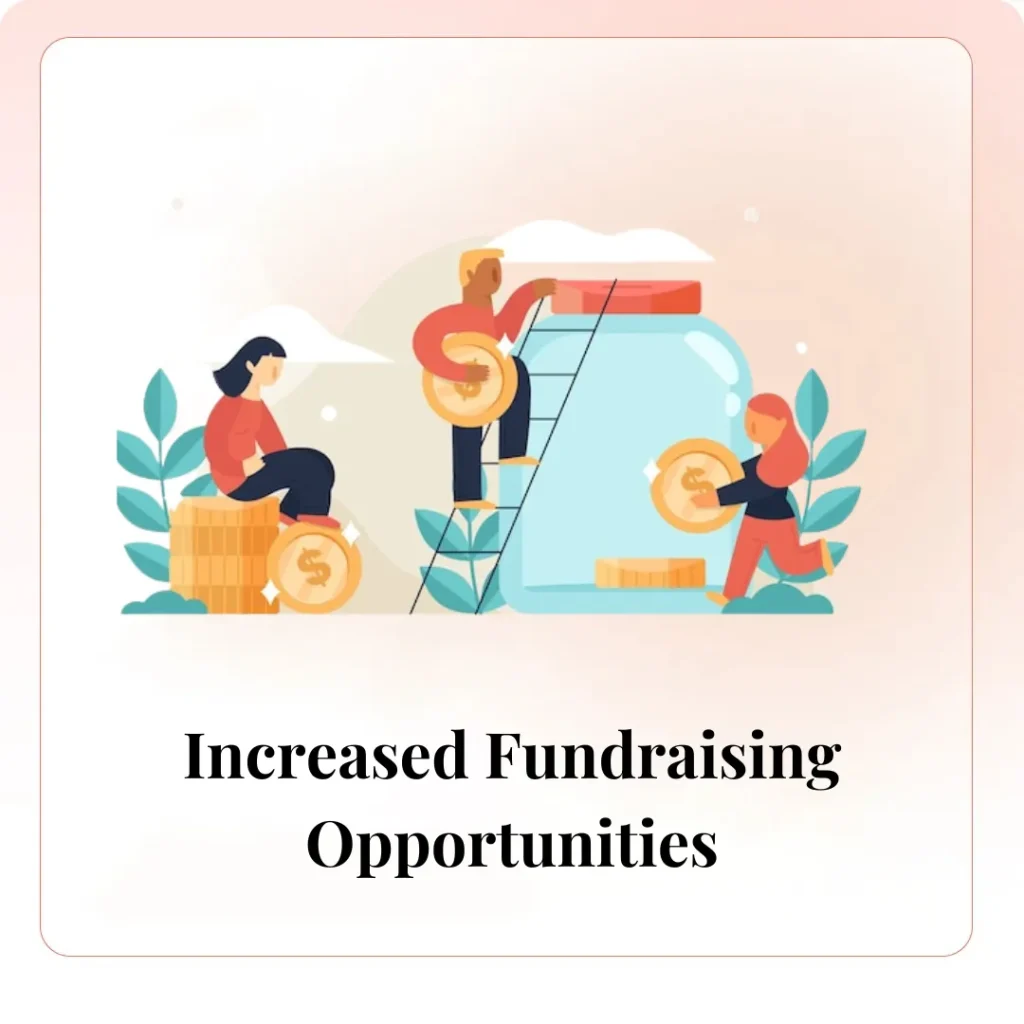
Key Digital Marketing Strategies for Non-Profits
i) Social Media Marketing

Social media marketing is a powerful tool for non-profit organizations, offering a versatile platform to engage with a wide audience and amplify their message. By leveraging popular social media channels like Facebook, Twitter, Instagram, and LinkedIn, non-profits can build a strong online presence, share their mission, and foster a sense of community. Social media allows for real-time interactions with supporters, enabling organizations to respond to inquiries, share updates, and participate in conversations that matter to their audience. Through targeted ads and boosted posts, non-profits can reach specific demographics and attract new supporters. Engaging content, such as stories, videos, and infographics, can capture attention and drive higher engagement.
ii) Content Marketing
Content marketing is a vital strategy for non-profit organizations seeking to connect with their audience and advance their mission. By creating and sharing valuable, relevant, and engaging content, non-profits can educate their audience, raise awareness, and inspire action. This approach includes various forms of content such as blog posts, articles, videos, infographics, and case studies, which can be distributed through websites, social media, and email newsletters. Well-crafted content not only attracts and informs potential supporters but also builds credibility and trust by demonstrating the organization’s expertise and commitment. By focusing on storytelling and highlighting success stories, non-profits can emotionally engage their audience and foster a deeper connection to their cause.

iii) Email Marketing
Email marketing is a cost-effective way to communicate with supporters and keep them informed about the non-profit’s activities. Regular newsletters, fundraising appeals, and event invitations can be sent to a targeted email list. Personalized and well-crafted email campaigns can increase engagement and drive donations.
iv) Search Engine Optimization (SEO)
SEO is crucial for ensuring that a non-profit’s website ranks well on search engines. By optimizing website content with relevant keywords, improving site structure, and building backlinks, non-profits can increase their visibility in search engine results. This enhanced visibility drives organic traffic to their website and raises awareness about their cause.
v) Pay-Per-Click (PPC) Advertising
PPC advertising, such as Google Ads, allows non-profits to place targeted ads that appear in search engine results or on other websites. PPC campaigns can drive traffic to the non-profit’s website, promote fundraising events, and increase visibility for specific campaigns or initiatives.
Conclusion
Digital marketing plays a vital role in helping non-profit organizations expand their reach, engage with supporters, and drive their mission forward. By leveraging various digital marketing strategies and partnering with top digital marketing agencies in Nashik, non-profits can maximize their impact and achieve their goals.
If you are a non-profit organization looking to enhance your digital marketing efforts, consider partnering with a leading agency like Osumare. With their expertise and comprehensive services, Osumare can help you navigate the digital landscape and achieve success. Visit Osumare’s website to learn more about how they can support your organization’s mission and drive positive change.

